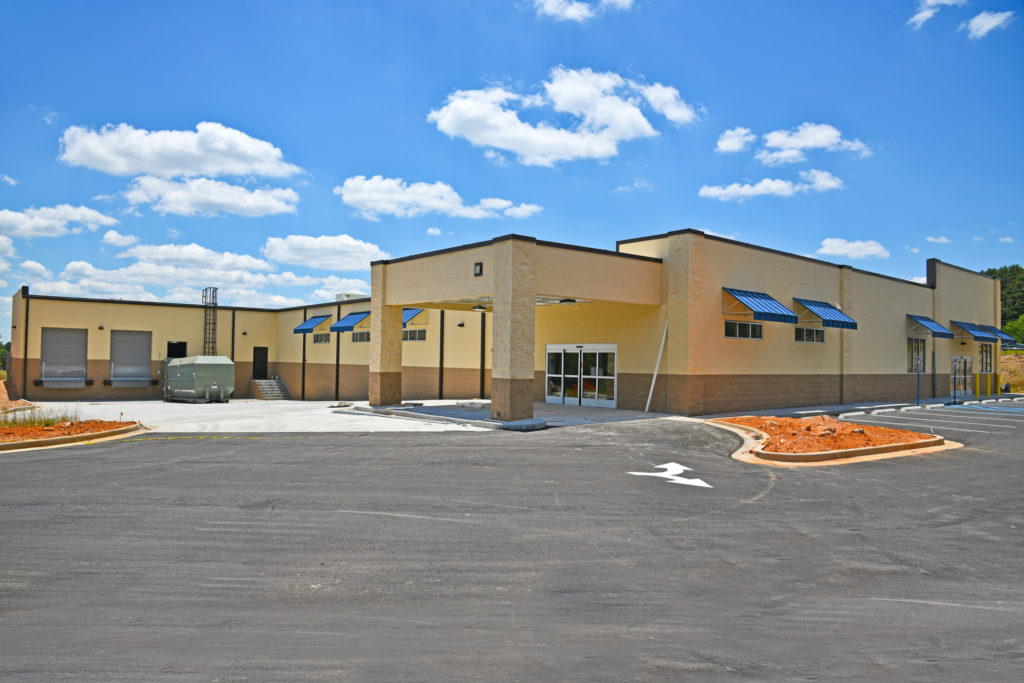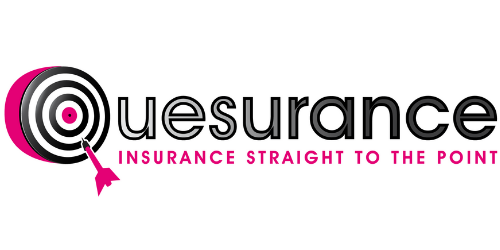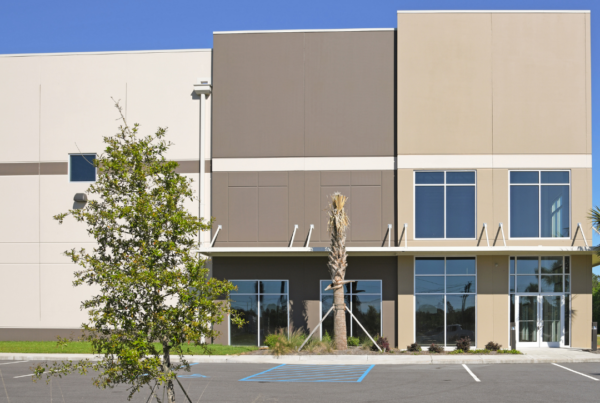
Owning a commercial property is a thrilling moment in every business owner’s milestone. However, as a business owner, it is your responsibility to enroll your properties in insurance that can help you recover from an event that might sink the business. However, with many choices, what should you know before securing a policy for your property?
Factors Affecting Price
 The pricing of insurance premiums depends on various factors affecting the weight of the insurance applied for. Most policies take into account building age and construction, location, and primary use.
The pricing of insurance premiums depends on various factors affecting the weight of the insurance applied for. Most policies take into account building age and construction, location, and primary use.
-
Building Age and Construction
Every material used to construct the property impacts the insurance price. With more expensive or less durable materials, insurance policies tend to increase pricing. For example, a building made out of wood might be more prone to fire. A brick building might be more vulnerable to high winds. Meanwhile, older buildings without modern infrastructure, such as electrical wiring, also carry higher insurance premiums.
-
Location
A property’s location is vital in identifying how much more fees should be added to an insurance policy. The common questions asked are: Is the property located in an urban area? Is the property prone to flooding, earthquakes, tsunamis, or landslides? Is it near a firehouse or a fire hydrant?
Besides the property’s location, neighboring properties can also influence an increase in the property’s insurance estimate. If it sits near a business that uses hazardous materials, the risk is higher than the site being insured could sustain damage, causing the rates to rise further.
-
Property Use
The property’s intended use also adds up to the fees leading to an insurance policy. Properties used in business are seen as higher risk items than other properties according to use. In effect, insurance companies charge according to how the owner intends the property.
Calculations
The standard formula used to compute for a commercial property insurance property determines the value of the building and its contents and multiplying the value by all the risk factors. Insurance companies evaluate the replacement cost or the cash value of the property.
The replacement cost is the amount of money needed to replace damaged or destroyed buildings, equipment, and furnishing. Meanwhile, the cash value is the replacement value of the property less the depreciation for age and wear and tear. Cash value insurances are cheaper than replacement cost plans. However, the latter provides more compensation.
Coverage
Most commercial property insurance policies cover a range of potential risks linked with owning or leasing a property. The common costs include repairs, items in the building, and signs for businesses. It may also include insurance to cover items owned by other people than the property owner or lessee that are stored within the property.
Although the insurance covers several potential losses, additional insurance may be required to cover incidents, such as loss of income due to unexpected events, such as a fire. Commercial property insurance also might not cover instances concerning theft by an employee.
Conclusion
Although insurance may be a heavy out-of-pocket cost at first, remember that it is a way to protect your property from unseen issues that may arise. Being prepared for something unexpected is the only way to preserve a hard-earned property. By acquiring an insurance policy, you’re not only saving money but also securing a future ahead of you.
Quesurance is an online insurance service center dedicated to providing excellent service to our clients. How can we help you today? Get a free consultation on our website, and let us help you get peace of mind as we take care of your properties for you.





